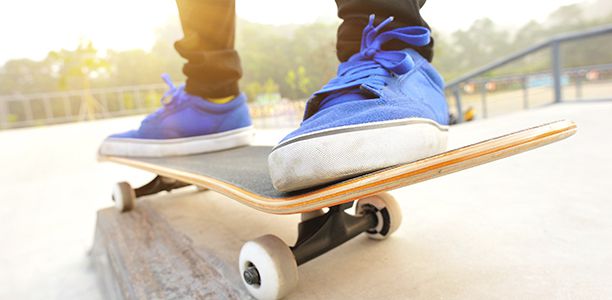If you think kids at skate parks are likely to be getting up to no good, think again.
Researchers at The University of Western Australia have found that skate parks are actually more likely to promote good behaviour – yet skate parks are often under threat from community opposition because of fears that young people who congregate at them will engage in anti-social behaviour.
The researchers’ community survey found that young people cooperate, learn from, teach, help and respect others, socialise with friends and take turns more often than they engage in anti-social behaviour at skate parks.
The researchers write that despite its popularity, skateboarding often suffers negative associations and there has been far less attention given to the positive pro-social behaviours that go on at skate parks.
“Yet skate parks are in fact a powerful setting in which young people can learn the arts of cooperation, negotiation and compromise informally, in contrast to via the structured rules of organised sports,” lead author Associate Professor Wood said.
“The growing need for autonomy during adolescence encourages teenagers to spend more time away from home, but where do they go?” the researchers write. “As playgrounds cater to younger children, groups of adolescents using parks and public places are often stereotyped as being ‘up to no good’. While recognising that skate parks don’t meet the needs of all young people, there are few other community spaces where they can ‘hang out’.
“Australian data indicates the youth participation in skateboarding, in-line skating, rollerblading and scooting is now close to exceeding participation in organised sports.”
The researchers focussed on a small suburban skate park in a central suburb of Perth and developed an online survey in which the almost 400 respondents reported pro-social behaviours more often than anti-social ones.
(Source: The University of Western Australia)










